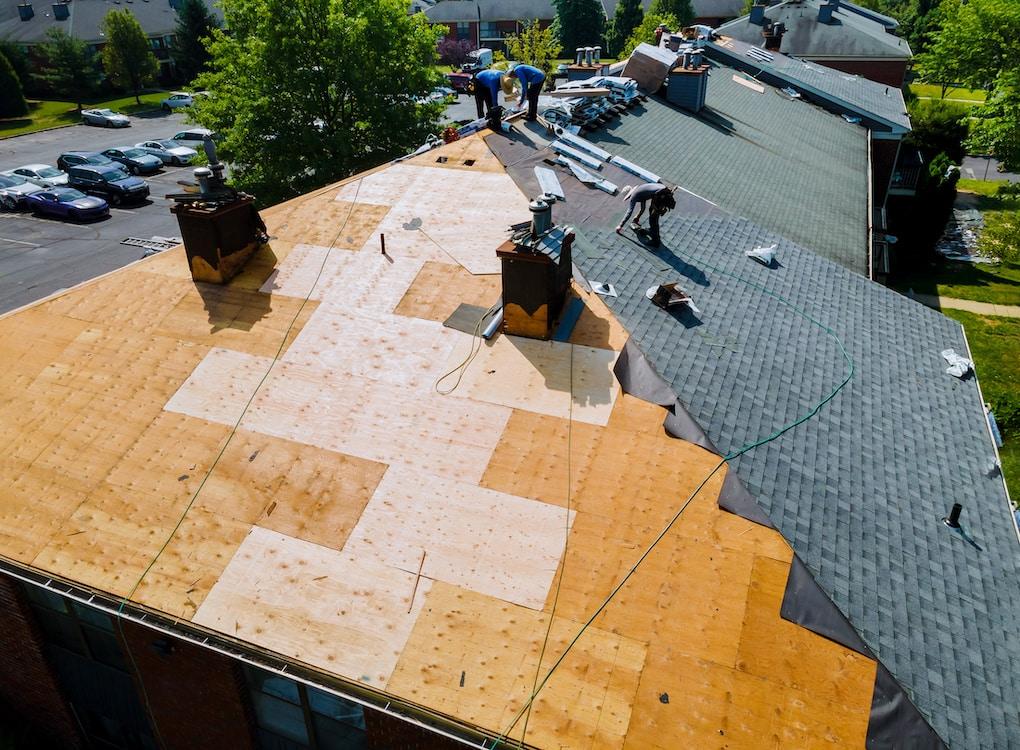When it comes to commercial roof replacement, the costs involved can be substantial. However, did you know that you may be eligible for tax deductions that can help offset these expenses? In this article, we will explore the topic of commercial roof replacement tax deductions and provide valuable insights on how you can maximize the benefits for your business.

Understanding Commercial Roof Replacement Tax Deductions:
Commercial roof replacement is a significant investment for any business. Fortunately, the tax code allows for certain deductions that can help alleviate the financial burden. By taking advantage of these deductions, business owners can potentially reduce their tax liabilities and recover a portion of the expenses incurred during the roof replacement process.
Qualifying
To qualify for commercial roof replacement tax deductions, certain criteria must be met. Here are some key factors to consider:
- Ordinary and Necessary Expense: The IRS requires that the roof replacement expense be deemed ordinary and necessary for your business operations. This means that the replacement must be essential for maintaining the functionality and integrity of your commercial property.
- Capital Expenditure vs. Repair: While ordinary repairs to a commercial roof are generally deductible as a current expense, a roof replacement is typically considered a capital expenditure. However, the tax code provides provisions for depreciating and deducting capital expenditures over time. Consult with a tax professional to determine the appropriate tax treatment for your specific situation.
Maximizing
To maximize the benefits of commercial roof replacement tax deductions, consider the following strategies:
- Keep Accurate Records: Maintain detailed records of all expenses related to the roof replacement, including invoices, receipts, and contracts. This documentation will serve as evidence to support your tax deductions.
- Consult a Tax Professional: Navigating the tax code can be complex. Seek guidance from a qualified tax professional who specializes in commercial property deductions. They can help you identify eligible deductions, determine the optimal depreciation schedule, and ensure compliance with IRS regulations.
- Explore Energy Efficiency Incentives: In addition to standard tax deductions, there may be additional incentives available for energy-efficient roof replacements. Certain energy-efficient roofing systems may qualify for tax credits or other government programs aimed at promoting sustainability. Research these options to further enhance your tax benefits.
Conclusion:
Commercial roof replacement tax deductions offer businesses an opportunity to alleviate the financial burden of a necessary investment. By understanding the criteria for qualifying deductions and implementing strategic measures, business owners can maximize the benefits and potentially reduce their tax liabilities. Consult with a tax professional to ensure proper compliance and take advantage of all available deductions. Remember, each business’s tax situation is unique, so it is essential to seek personalized advice to fully optimize your tax deductions.



Leave a Reply